[ad_1]
Joe Biden is currently on his first official trip to the Middle East as president of the United States.
Joe Biden has undoubtedly landed in a region unlike one he dealt with as vice president to former US President Barack Obama. New alliances and challenges have since emerged, priorities shifted, and Washington’s regional engagement has significantly declined.
The trip began in Israel, then the occupied West Bank, and is scheduled to conclude in Saudi Arabia following a GCC summit with regional leaders.
As expected, Biden reaffirm the US’ unwavering support for Israel and declared a ‘Strategic Partnership’ in a joint declaration that also saw an increase in Washington’s annual aid to Tel-Aviv. In the West Bank, he also briefly met with Palestinian officials including President Mahmoud Abbas and announced a $100 million package to help prop up Palestinian health services.
Like his predecessors, Palestinians believe, Biden’s involvement in the Israeli-Palestinian affairs remains borderline apathetic, potentially a form of sedative diplomacy to keep the status quo unshifted while handling the bigger concerns, like Iran and the impact of the Ukraine war.
Indeed, the US administration’s non-regional concerns – primarily at home, and less so regarding the shared interests with the region’s players – is what steers Biden’s visit. To that end, Biden will seek to convince Saudi Arabia to increase oil production to bring down skyrocketing oil prices worldwide.
However, what is disconcerting for the region’s peoples, especially the Palestinians, is Biden’s role as a forceful messenger for Israel’s interests in the region. In the past years, Washington has been gradually changing its foreign policy from a traditional bilateral role with the region’s governments to encouraging a collective effort amongst these nations.
Historically, such an effort would have been unattainable as most of the region’s states hesitated to (publicly) deal with Israel.
But now, the US seeks to build on the Trump-brokered normalisation deals and fast-strengthen ties between Israel and Arab states, transforming them from diplomatic relations to an alleged security-military alliance against Iran.
As such, Israel will be fully integrated into the region, and with its qualitative military superiority, some of Washington’s regional roles will be outsourced to it. This may establish the Jewish state as the leading force in the so-called regional alliance.
The fast-track UAE-Israel security cooperation confirms this trajectory. It was most recently manifested by the deployment of Israeli radar systems in the UAE and Bahrain, reportedly to counter the threat of Iran’s ballistic missiles.
But a regional alliance that includes Israel will not be workable without Saudi Arabia; and because of that, Biden claimed he would encourage Saudis to initiate full diplomatic relations with Israel.
This is despite US officials’ conviction that because of its important religious value and regional influence, it is unlikely that Riyadh will officially normalise with Tel-Aviv, at least not while 86-year-old King Salman still reigns.
The current official policy is that there will be no recognition of Israel until a Palestinian state has been established, as per the 2002 Saudi-introduced Arab Peace Initiative, which Israel has long disregarded.
The kingdom, however, has been involved in low-level security coordination with Israel, with Iran being a mutual concern; hence Crown Prince Mohammed Bin Salman’s statement that Israel is “a potential ally.” The kingdom did not oppose UAE or Bahrain’s normalisations either, and occasionally allowed direct flights from the Emirates to Israel through Saudi airspace.
On Thursday evening, Saudi Arabia announced full access to its airspace for jets flying from Tel Aviv, with Biden’s Air Force One becoming the first plane to take the ‘unprecedented’ route.
Political realism as it may be justified, Israel-GCC normalisation is still an unpopular subject among the region’s peoples and thus far has contributed to an increased rift between the governments and their people. While anti-normalisation protests in the Emirates are muted, Bahrainis took to the streets repeatedly to protest their government’s relations with Tel-Aviv.
The UAE/Bahrain normalisation with Israel has also shown that the unity consensus among the GCC member states on Palestine has vanished.
Upping the diplomatic ties to a military/security alliance could threaten to further fracture the already fragile GCC unity, especially considering that the tension among some of the GCC states continues to loom after the Qatar blockade, with countries like Kuwait remaining adamantly against normalisation or any security arrangements with Tel-Aviv.
While integrating Israel into the region could lead to legitimising Israel’s occupation and apartheid in Palestine, it will also enable Israel to infiltrate the GCC states (and other Arab countries) and compromise their national security.
After all, the Gulf states have very little to gain from Israel strategically.
By contrast, the GCC region provides Israel with the most-needed expanded security parameters, strategic depth, and commercial routes. All are perceived as critical for Israeli regional dominance, and will likely provide Tel-Aviv with a geographically advanced position in the Gulf against Iran.
It is noteworthy that the GCC countries are not uniformly hostile to Iran or vice versa.
Today, except for Saudi Arabia and Bahrain, Iran has reasonable relations with all GCC states and in some cases, deep economic interests. The UAE, for instance, is now Iran’s second largest trading partner, with an annual value of $14.3 billion. This week, a top Emirati official said Abu Dhabi is working on sending an envoy to Tehran.
Early this year, Iran and Qatar signed 14 agreements for larger cooperation in trade, visa requirements, education, and energy. Just weeks prior to the Biden visit, Doha hosted indirect talks between the US and the Islamic Republic to help kickstart stalled nuclear talks.
Bringing Israel to the Gulf shores, no less as a security and or military contender, will only escalate tensions with Iran. This could lead to a military confrontation, effectively putting the GCC states on the frontline of any hostilities between Tehran and Tel-Aviv.
Dr Emad Moussa is a researcher and writer who specialises in the politics and political psychology of Palestine-Israel affairs.
The views and opinions expressed in this article are those of the authors and do not necessarily reflect the official policy or position of Doha News, its editorial board or staff.
[ad_2]


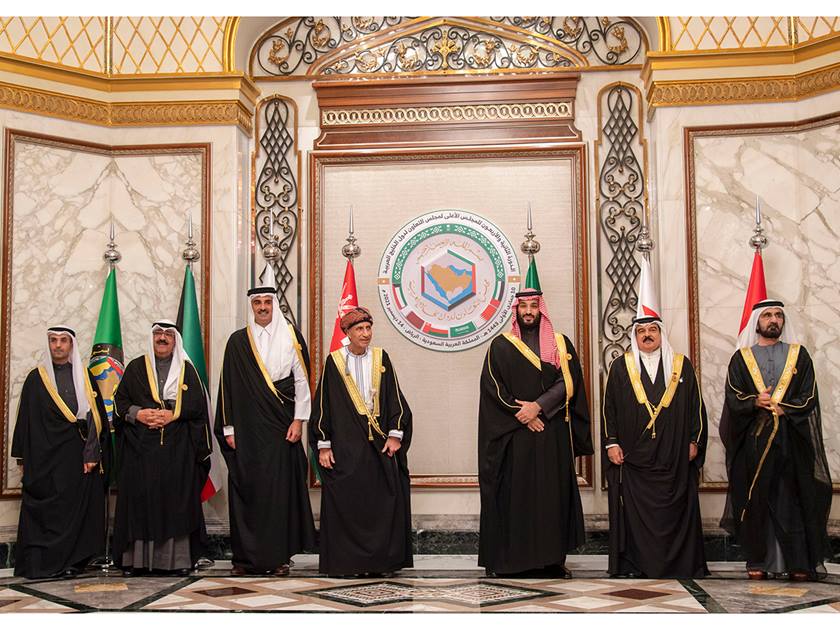
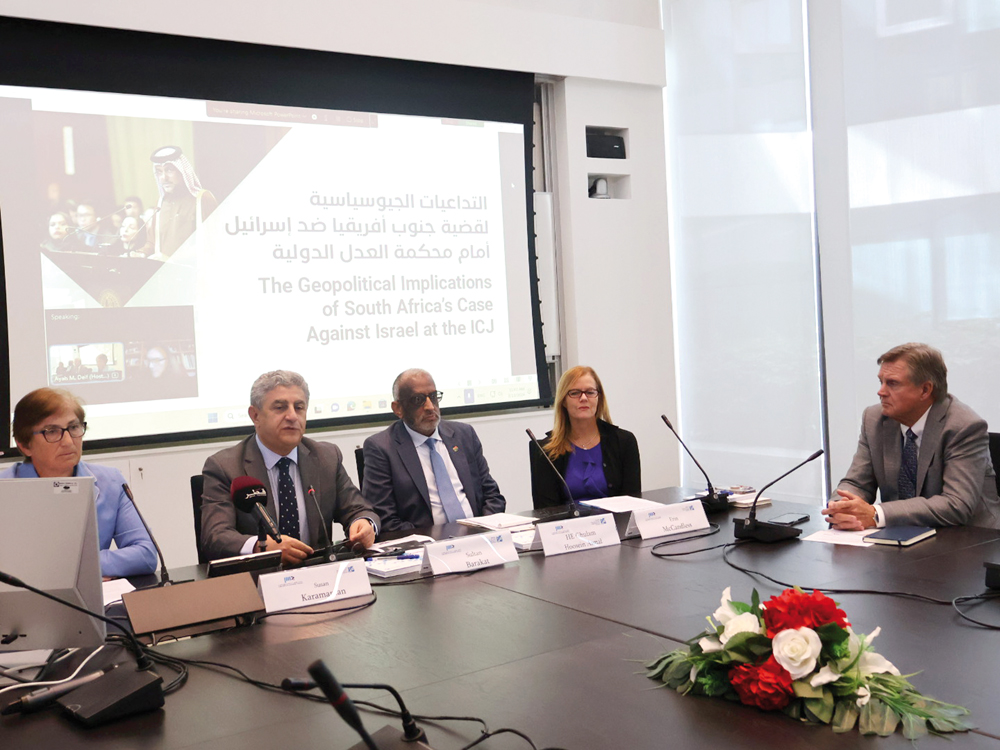
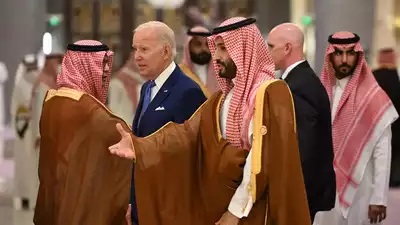
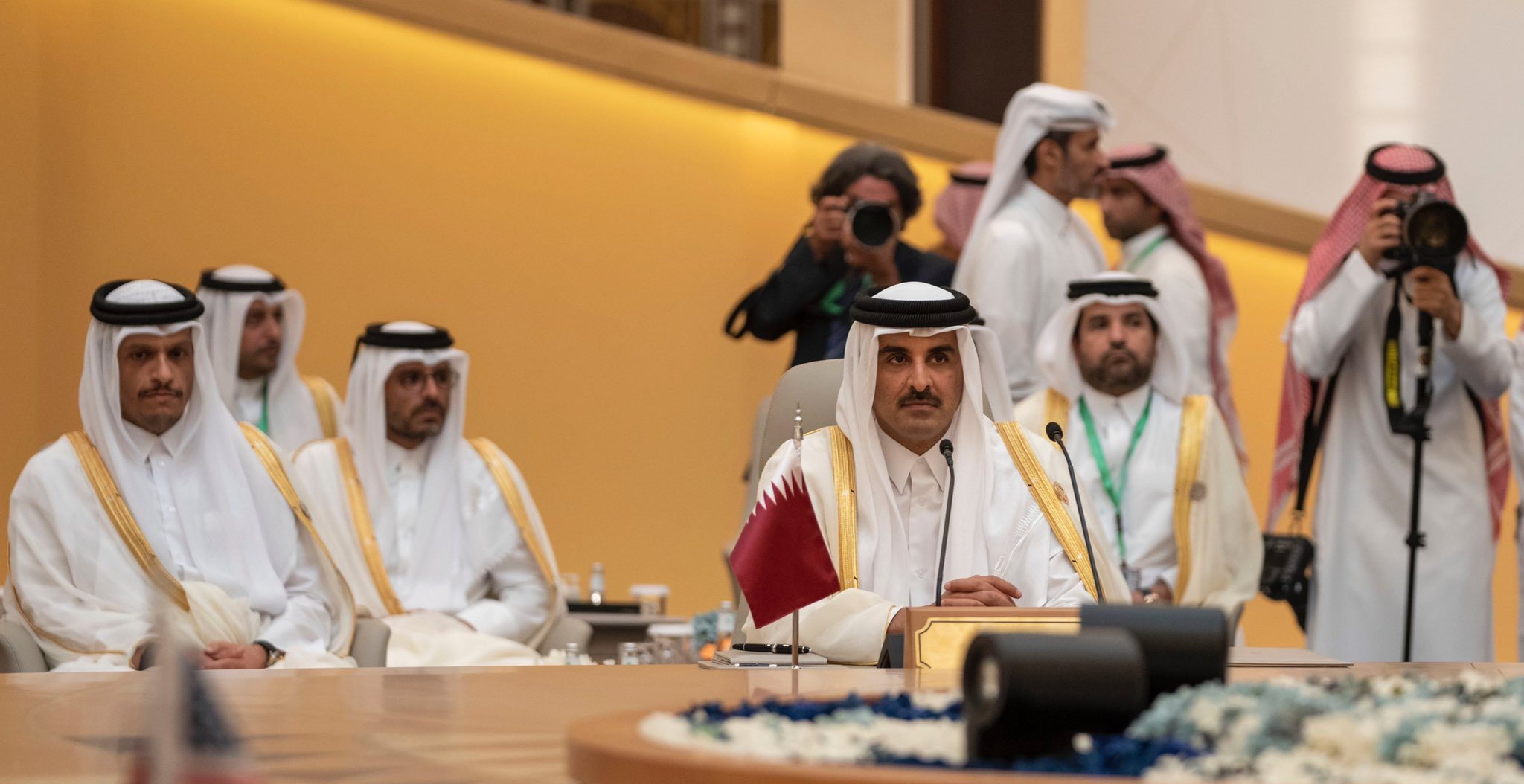
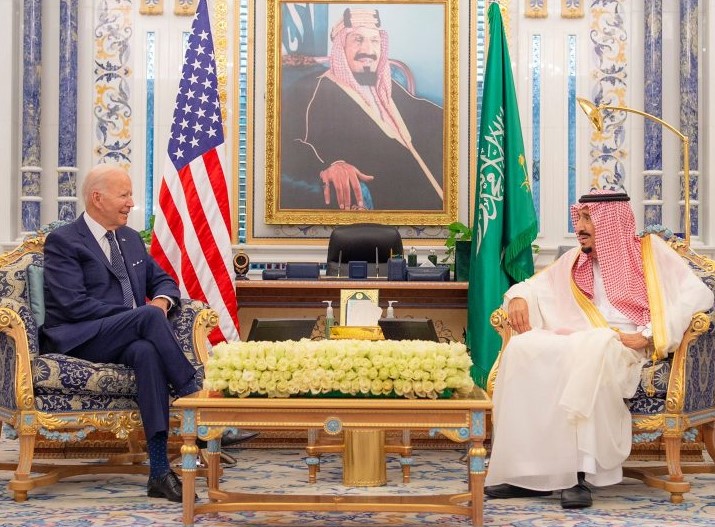

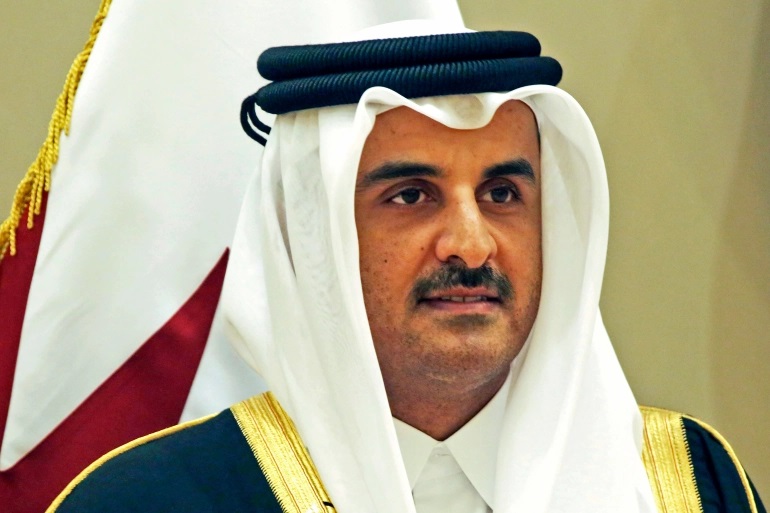

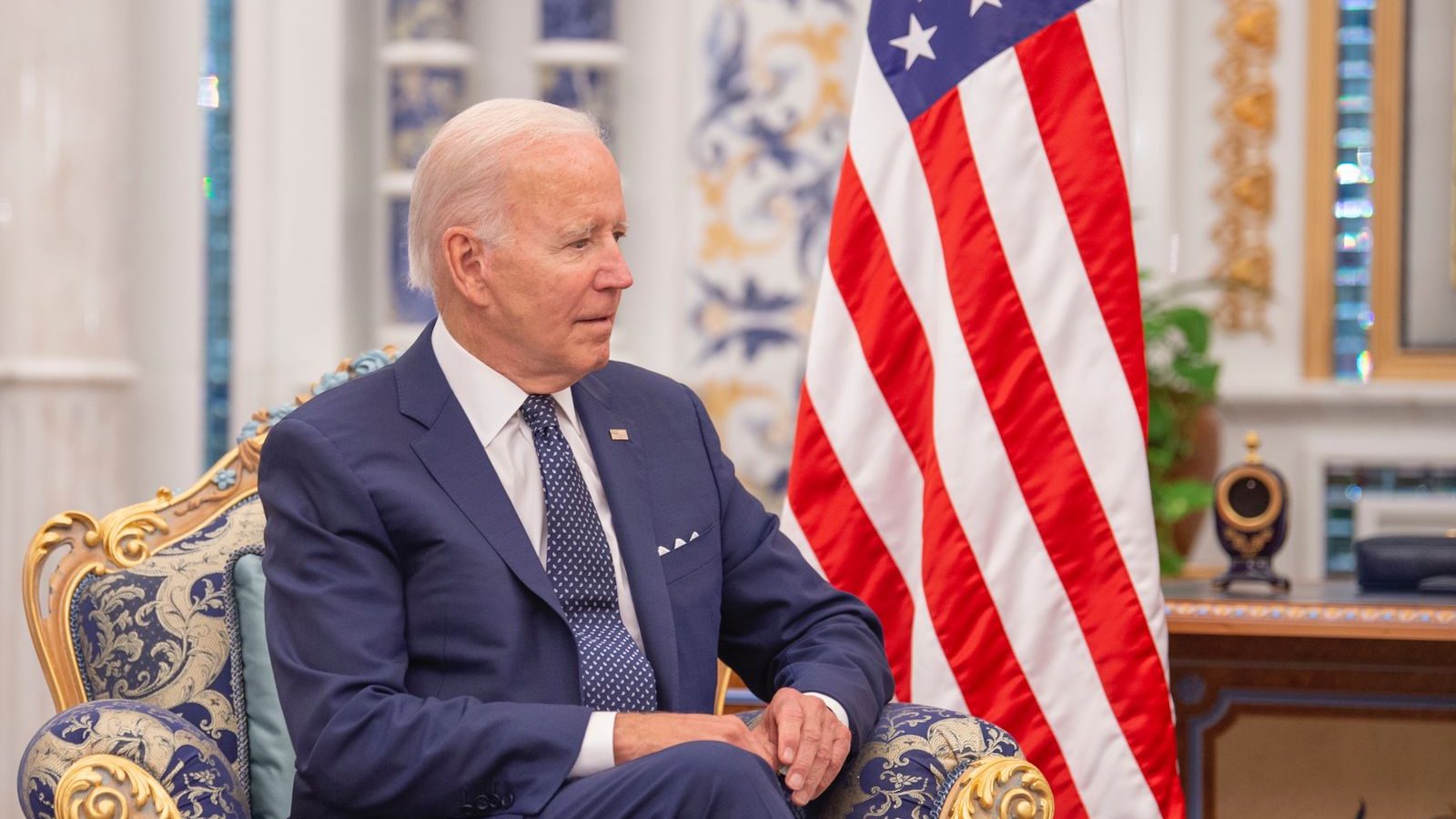

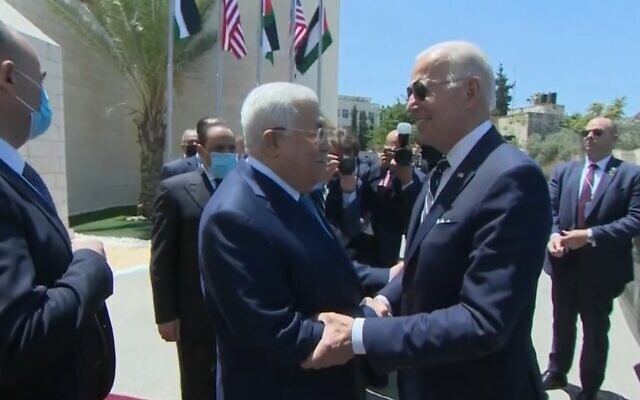




Leave a Reply